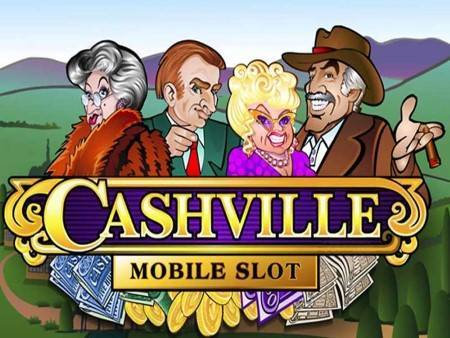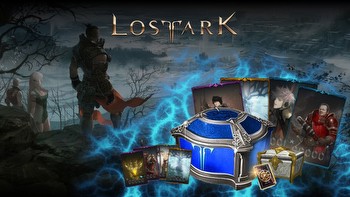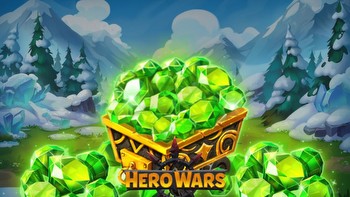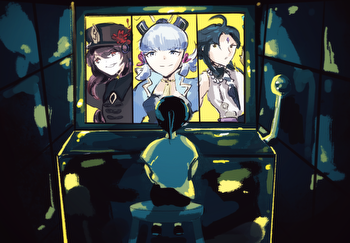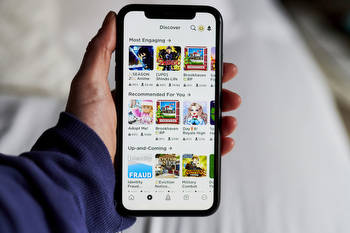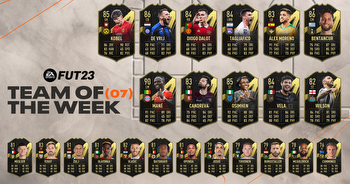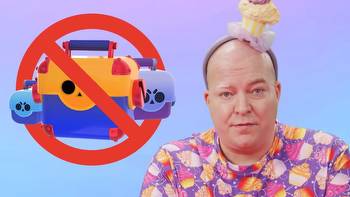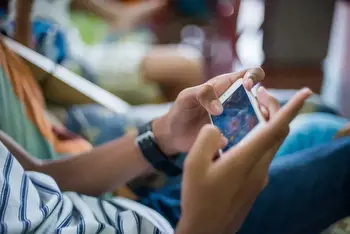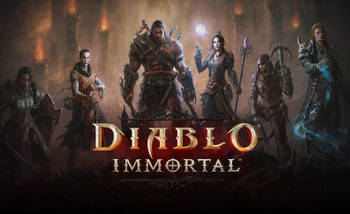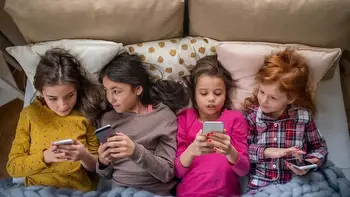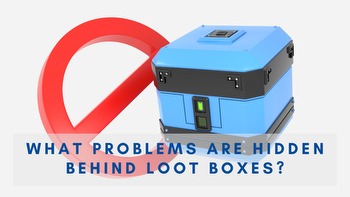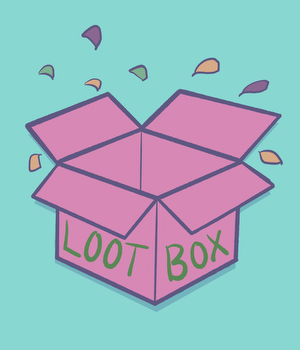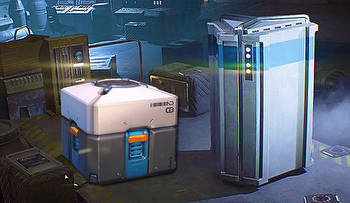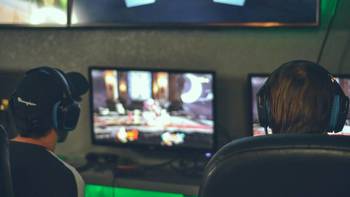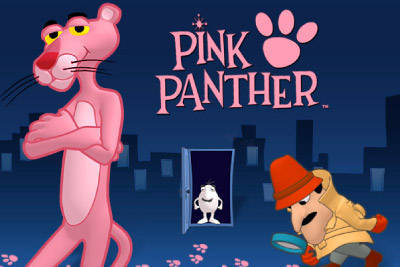Gacha games and child gambling: overview
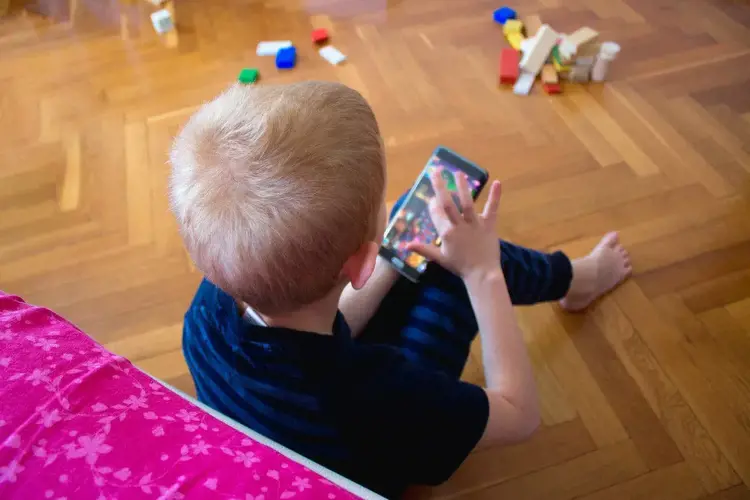
More than half of the U.S. population will identify as a digital gamer by the end of 2022, according to predictions made by Insider Intelligence. The pandemic was good for the gaming industry, which continues to grow and find ways to drive revenue whether through traditional consoles or smartphones.
Of the 179.6 million monthly gamers predicted by the end of 2022, some 20 percent of gamers are 18 years or younger. As gaming habits and technology evolve, so do the ways companies draw money from players. In recent years, gaming companies have found ways to charge real money for in-app purchases, a move that has been extremely profitable. This practice creates legal and ethical landmines for businesses.
As many video game players are children, charging in-app purchases may exploit childrens’ vulnerability. Children may not understand the consequences of their purchases, which can even include gambling-type situations within games. Parents may not know that “free” apps and games solicit purchases from their children. Imagine a scenario in the 1980s or 1990s, if Nintendo’s Mario Brothers players could only use a warp whistle if they paid a fee for it, then many children may automatically pay that fee in order to keep playing. Or, if a gamer had to pay a small fee to pick their favorite Mario Kart car, then they might not realize the true costs they were incurring while they played.
These are the kinds of fees, or “microtransactions” that are popular in games today, and make up a major source of profit for gaming companies.
Gacha games simulate gambling
So-called gacha games are among the latest revenue streams to come under legal scrutiny. Gacha games typically consist of chance games, sometimes paid with in-game currency and sometimes real-world currency, where players spin for a chance to win prizes. Some of these games include:
- Marvel Strike Force
- Star Wars: Galaxy of Heroes
- Gacha World/Gacha Life/Gacha Club
- Arknights
- Final Fantasy Brave Exvius
- Raid: Shadow Legends
- Dragon Ball Legends/ Dragon Ball Z Dokkan Battle
- Fire Emblem Heroes
Ethics of micro-transactions
The game Genchin Impact, which has generated billions of dollars, uses the gacha technology. A Forbes contributor wrote about the entertaining and aesthetic features of the game, but acknowledged, “It’s an icky feeling for a game to both use gambling mechanics to prey on addictive tendencies and at the same time sell power. In Genshin Impact, when you meet new characters, you don’t just recruit them to join your team, you must gamble on them in the gacha system, which can cost hundreds of dollars. To take them to ‘max power,’ duplicating them multiple times for full unlocks, can cost thousands.”
Micro-transactions and in-app purchases have gained scrutiny from players, parents, critics, and others. Now, the discussion over the ethics of charging in-app purchases to children has been taken to court. Several lawsuits have been filed against game companies over in-game purchases. For example, gaming powerhouses Fortnight and Rocket League paid a $26.5 million settlement over the issue. In a separate instance, plaintiffs have sued Activision Blizzard, claiming the game allows minors to use real money to gamble on winning in-game items through “loot boxes” called “packs” in its Hearthstone game. “Although Lootboxes are advertised and portrayed by video game providers as a vehicle that allows users to quickly advance further in a game through purchases using real-world currency, the use of Lootboxes in video games is overwhelmingly misleading and exploitive of consumers,” the Activision Blizzard class action lawsuit states. To make matters worse, these Lootbox purchases are often non-refundable, claim consumers.
In a separate lawsuit, consumers sued Apple for pushing free game apps that allow children to spend money on games of chance. Plaintiff Rebecca Taylor said her son owned and played a game called Brawl Stars. The suit claimed that the game features loot boxes that present randomized chances within a game to obtain important or better weapons, costumes, player “skins” or other features. However, Taylor argued that the loot boxes are a form of gambling because the player doesn’t know what’s in the box until the purchase is made. The best loot items are the least likely to be obtained, and most items in the loot boxes are common or undesirable. Brawl Stars is just one of many “free” gaming apps available through Apple’s App Store, according to Taylor’s Apple class action lawsuit. Other popular games cited are Mario Kart Tour, FIFA Soccer and Roblox. All are free to download, but offer in-app purchases including loot boxes.
Video game makers use in-app purchases to make millions of dollars in profits. As Taylor asserted in her claims against Apple, in-app purchases can function much like gambling and can be addictive. While there are laws to protect minors from gambling, some of these video game makers may disguise these games as free or children-friendly to bypass regulations around gambling. This misrepresentation may make children and parents think that a game is suitable for children. While playing, children may make in-app purchases without their parents’ authorization.







